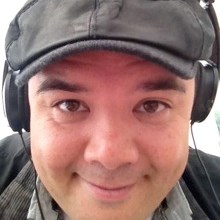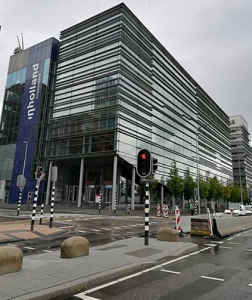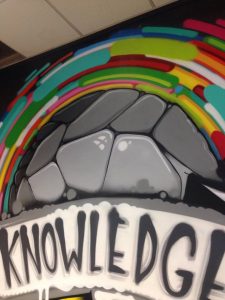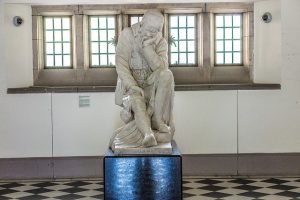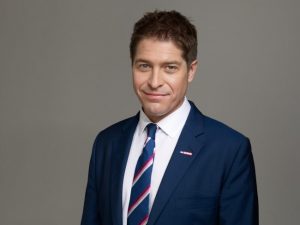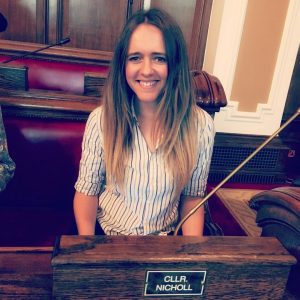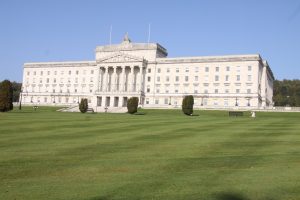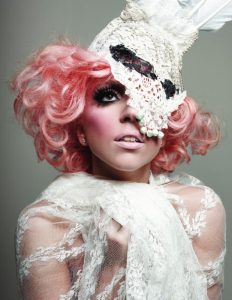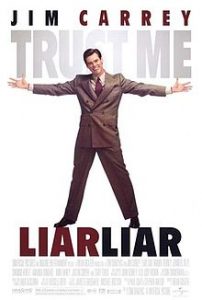MyFuture, the online Queen’s Careers Management Platform, offers students countless opportunities to apply for part-time jobs, internships in firms relating to their degree field, and Queen’s Career Programmes. The Brussels Workplace Study Tour, organised by Tom Mervyn and Greta Campbell from the Queen’s Careers, Employment & Skills team, offered AHSS students the chance to spend a week in Brussels exploring internship and graduate opportunities.
Aoife Marken, MA in International Business Law and Student Assistant for Careers Employability and Skills at the SGC Hub, and I were among the lucky 24 students selected from the competitive application pool to attend the tour. Back in early June I sat down with Aoife to share and evaluate our experiences….
MM: How did you first hear about the Tour and what tips would you give to a student applying for similar Workplace Tour experiences?
AM: I actually heard about the trip through my job in the Student Guidance Centre as part of the Employability & Skills Department when I saw an upcoming workshop scheduled. From there I went onto MyFuture to find out more details about the tour. I would strongly recommend not just reading about the tour on MyFuture but attending the information sessions which explain what the study tour entails, which will subsequently help you with your application and heighten your chances of securing a place on the trip.
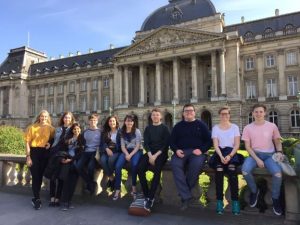
AHSS students relaxing after a long day of employer visits and networking in the EU institutions in Brussels, admiring the neoclassical architecture of the Royal Palace of Brussels.
MM: As a History and Politics student, my favourite visit of the tour had to be the Ibec presentation hosted by Shane Lyster. His concerns focusing on the gap that Britain will leave in the EU’s budget, requiring member states to make a greater financial contribution, and the effect of this on populist politics across Europe was a thought-provoking perspective on the impact of Brexit. Which workplace visit on the trip did you enjoy the best and why?
AM: My highlight would have to be the Hume Brophy visit. In comparison to all the other organisations we were exposed to it felt the most down to earth, and the employees spoke very candidly about their work experience and work environment. On a more personal level, it gave me an insight into a field of work I’d never considered before, and showed me how my degree and skill-set could be transferred and utilised in a lobbying organisation within the sociopolitical sphere, both in Europe and closer to home in the UK and Ireland.
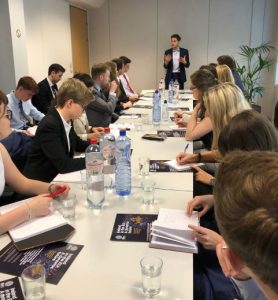
Shane Lyster, Senior Executive for European Affairs at Ibec Europe, discussing the benefits of Erasmus study and multilingual proficiency when applying for internships and graduate opportunities with Ibec.
MM: The QUB Language Centre offers all students the unique opportunity to study language classes alongside your degree (course registration for language classes in Semester one runs from the 1st September until 4th October). Do you think it is an advantage to study a language when applying for internships/graduate opportunities in Brussels?
AM: For Brussels specifically, from what I found from the tour, you will have little to no success in applying for internships and graduate jobs alike without at least some language proficiency beyond a GCSE standard. Most wanted at least A Level standard in one if not two languages other than English! I myself do not have any language skills beyond GCSE Spanish and so I did feel at a disadvantage every time it was mentioned. The only exception was Hume Brophy, a firm established in Dublin who didn’t have additional language skills as a prerequisite.

The European Parliament, European Commission (a group photo of our group’s visit to the European Commission can be seen above) and the European Committee of the Regions were three of the EU institutions visited on the Tour. Check out the open competitions regularly published at epso.europa.eu for Traineeships and Permanent Contracts in diverse fields such as law, translation services, communications and finance. Although selection procedures are rigorous, sample tests, training and support can be found on the applications page at epso.europa.eu
MM: Can you give us a brief introduction to networking, and how did it help you during the tour?
AM: Networking is a way that individuals exchange information, about themselves or their business, in order to build up a portfolio of contacts which they can use at a later date, should they require them. This can often be the exchange of a business card, email or even just a simple LinkedIn request or link to their profile. Networking on the tour allowed me to gain contacts which can come in useful as you enter the graduate market. It is a skill that you become more familiar with the more that you are exposed to it, and as you mature you realise that the formal barrier between yourself as a student and the individuals you are networking with starts to lower and conversation begins to flow more readily.
Moreover, being outside of Northern Ireland and being able to network with individuals who have ventured further afield for a career in Europe was both inspiring and eye-opening when learning about their professional career development and about the skill-set needed to pursue a career in Europe.
MM: Do you think the tour has increased your employability and made you want to live and work in Brussels?
AM: Attending any study tour undoubtedly gives you something to put on your CV to help differentiate yourself, but the diverse range of workplaces we had the opportunity to visit in Brussels I feel has great potential to increase employability. It acts as a good talking point in interviews and helped expand my understanding of both businesses and the European institutions at such a crucial time in political history with Brexit looming.
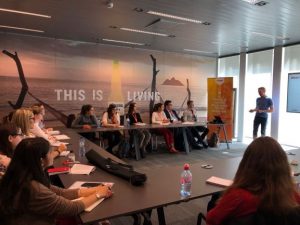
In Leuven, the AB InBev workshop stressed the importance of social media management skills with tips on how to create an engaging, insightful LinkedIn profile to network with various Brussels employers. Recruitment cycles for graduate programmes and apprenticeships with the Brewery start in September. For more visit eu.abinbevcareers.com
MM: As the penultimate day of the tour drew to a close, our group flocked toward the square in front of the European Parliament-the Place du Luxembourg-on the search for networking opportunities among the swarms of EU employers, interns and lobbyists, and departed several hours later with stacks of business cards. With Fresher’s about to descend upon the campus, how do interns in the EU institutions utilise the Place du Luxembourg to their advantage in terms of networking to gain employment?
AM: Like many large metropolitan cities, interns and young professionals use after work drinks as a type of informal networking. I think it gives them a chance outside of the office to interact with other young professionals over a drink rather than across a desk or boardroom table. Everyone appeared to have come straight from work still in their work clothes, thus it was a very relaxed atmosphere!
GO GLOBAL WEEK
- Come along to the Opportunities in Europe session on Tuesday 23rd October 12-1pm
- There is also an International Fair on Wednesday 24th October 12-3pm. You can speak to the tour participants here!
Michael McConway



